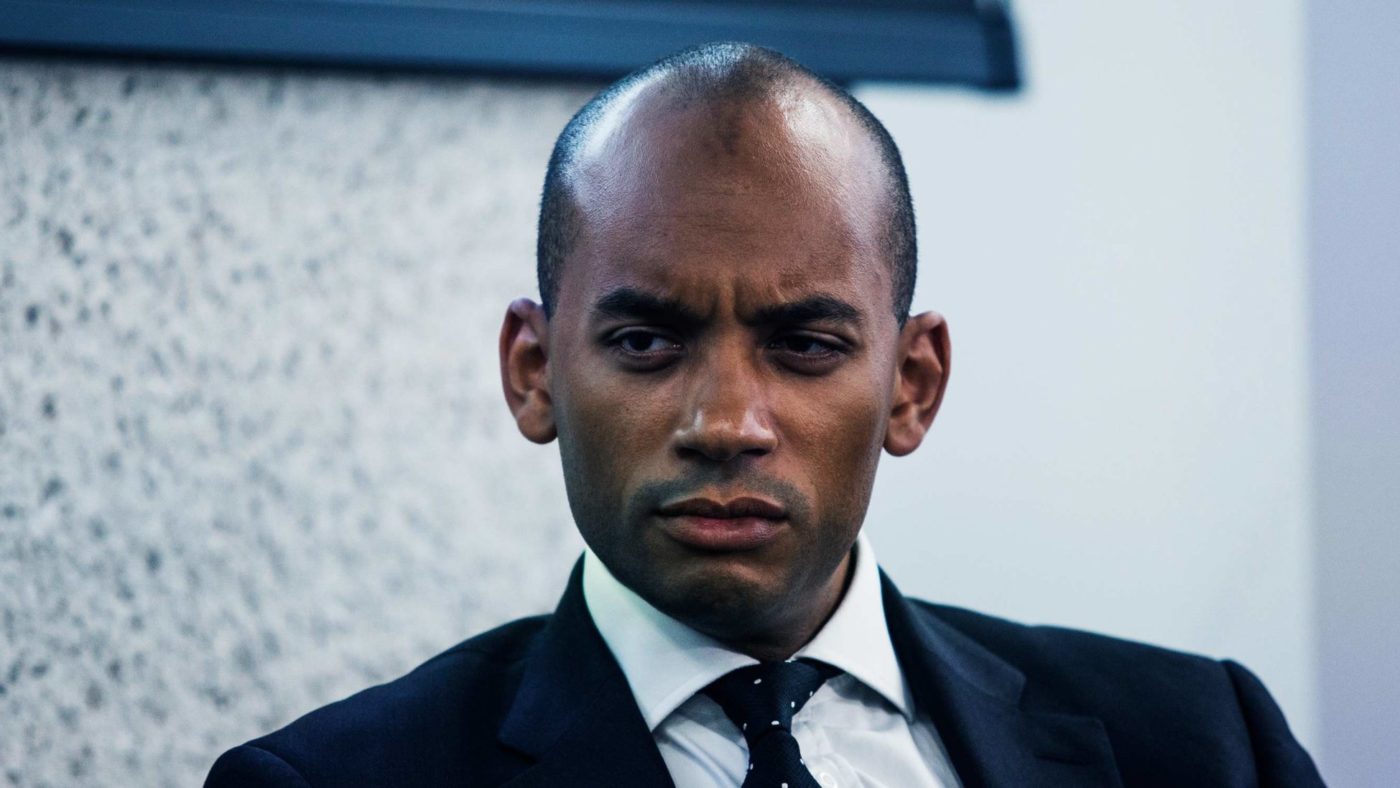The Labour MP and ardent Remainer Chuka Umunna has a new, rather lucrative, job. Mr Umunna will collect annual compensation of £65,000 for 12 hours’ work per month as chairman of a new think tank.
The Progressive Centre, writes the Labour backbencher, in one of his other jobs as a columnist for the Independent, “launches with the explicit aim of connecting progressives from across the UK with the latest ideas and experience from across the globe”.
Mr Umunna takes aim at the “fashionable claim that progressive politics has been in decline across the Western world since the global financial crash of 2008… and that parties of the far right and far left have been insurgent”. In fact, he claims, “progressives are winning again”. (This is an eccentric conclusion to reach if you are someone who has, in the last few years, gone from being the future of the British left to the brink of being hounded out of your own party by a gang of Marxists.)
What are the ideas behind the progressive renaissance Mr Umunna hopes to lead? The Progressive Centre “believes in the value of work – yet acknowledges there is more to life than work”. They are “unapologetically patriotic and internationalist in orientation too”. They believe in “reciprocity” and “rebalancing”.
If this sort of triangulation means anything at all, it is so hard to disagree with as to be politically worthless. And it is hardly a convincing response to the charge that the centre-left has run out of ideas.
Mr Umunna does cite one or two concrete policies enacted by his fellow progressive Justin Trudeau with approval. But whether or not you think spending a bit more on public services and welcoming a few extra refugees are good ideas, answers to the big political and socioeconomic questions that the West faces, they are not.
If anything connects voters’ current anxieties, it is powerlessness: a fear that they and their governments are simply unable to manage the disruptive economic and cultural forces surging around them.
Whether it is borders or bots, voters are disoriented by a changing world. That is why simple stories involving someone to blame have been so compelling in recent years, and why the politicians telling such simple stories – on both the right and the left – have enjoyed such success.
The challenge for Mr Umunna and his colleagues on the centre left isn’t so different to the one faced by the centre right: to find a way to give voters solutions to their problems that are simple rather than simplistic.
This is not easy. But it will be impossible if politicians and policymakers refuse to question the assumptions they have made in past decades.
Take, for instance, the EU’s response to Brexit. It is by now clear that the EU negotiators’ priority is proving to voters across the Continent that leaving comes at a high price. Nothing matters more than Brexit being shown to be a failure.
Yet the refusal to take seriously the critique of the EU that Brexit represents, and the lack of imagination and goodwill when it comes to cooperating with Britain on difficult questions like the Irish border, only fan the flames of the populism that the Brussels establishment likes to think it is fighting against.
Liberal democracy has worked so well because of its ability to adapt: it bends where other systems break. But those who position themselves as its defenders will fail in their duty if they simply repeat the platitudes of the past.
This article is taken from CapX’s Weekly Briefing email. Sign up here.


